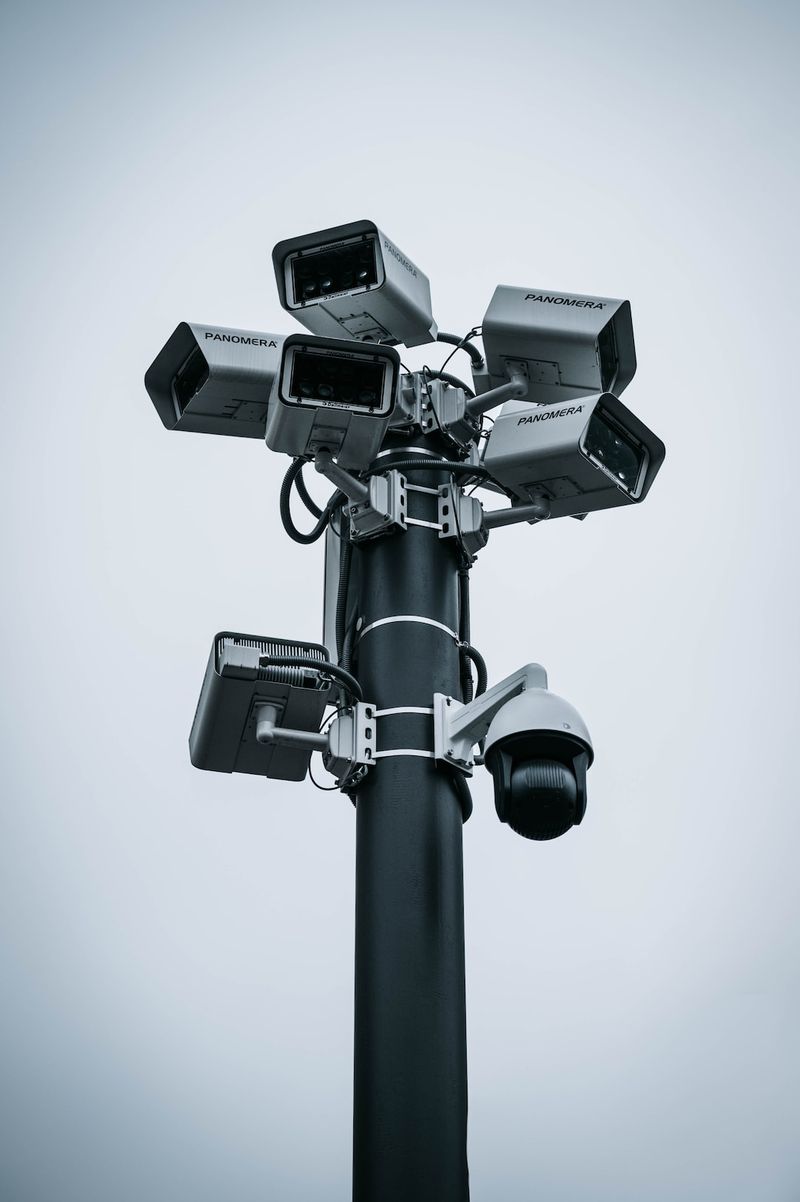S3 Ep139: Are password rules like running through rain?
Introduction
The latest episode of the Naked Security podcast delves into various topics including Patch Tuesday fixes, the SketchUp shenanigans, MOVEit mitigations, the Mt. Gox cybercrime charges, and the arrest of the Gozi malware criminal. One of the key discussions centers around the effectiveness of password rules and whether constantly changing passwords is truly beneficial for security.
Password Rules and Their Effectiveness
The debate revolves around the question of whether regular password changes can protect users from cyberattacks. Some argue that implementing complex passwords and changing them frequently can help prevent unauthorized access. However, others believe that constantly changing passwords may lead to bad habits and potentially weaker passwords.
The article points out three reasons why relying solely on password changes might not be the best approach:
1. Changing passwords regularly isn’t an alternative to choosing strong ones:
Simply changing a weak password frequently doesn’t make it stronger. The focus should be on selecting strong and unique passwords from the start. Users should opt for longer, more complex passwords that are difficult for hackers to guess.
2. Forcing regular password changes may encourage bad habits:
When users are required to change their passwords on a fixed schedule, they may resort to predictable patterns like adding incremental numbers or slight modifications. This can make it easier for cybercriminals to crack the password if they uncover the pattern. Changing passwords too frequently may lead to shortcuts that compromise security.
3. Scheduled password changes may delay emergency responses:
If users are aware of upcoming password changes, they may delay updating their passwords when a security incident or suspicion arises. This delay can leave accounts vulnerable to unauthorized access. Therefore, it is crucial to change passwords immediately when necessary.
Internet Security and Philosophical Discussion
The discussion on password rules highlights the ongoing debate surrounding internet security and the best practices for protecting user data. While password changes can provide some level of security, it is crucial to focus on stronger, more complex, and unique passwords from the beginning. Implementing multi-factor authentication and using password managers can also enhance security measures.
Furthermore, the discussion reflects the philosophical tension between convenience and security. Users often seek convenience when managing their online activities, but this can lead to compromises in security. Striking the right balance between convenience and security is a constant challenge for individuals and organizations.
Editorial
The editorial perspective on this topic would stress the importance of education and awareness when it comes to password security. Users need to understand the risks associated with weak passwords and the potential consequences of data breaches. Password hygiene should be emphasized, including the use of unique, complex passwords and the regular updating of passwords when needed.
It is essential for organizations to implement comprehensive security measures that go beyond password changes. This can include multi-factor authentication, regular security training, and robust cybersecurity protocols. Combining these measures can provide a stronger defense against cyberattacks.
Advice
Given the ongoing debate surrounding password rules, it is advised that users take a comprehensive approach to internet security. Some key recommendations include:
- Choose unique, complex passwords that are difficult to guess.
- Consider using password managers to securely store and manage passwords.
- Enable multi-factor authentication whenever possible for an added layer of security.
- Regularly update passwords when there is a potential security threat or suspicion.
- Stay informed about the latest cybersecurity best practices and trends.
By adopting these measures, users can enhance their online security and protect their personal information from potential cyber threats.

<< photo by Milan Malkomes >>
The image is for illustrative purposes only and does not depict the actual situation.
You might want to read !
- Rethinking the Necessity of Scheduled Password Changes: A Perspective
- Lessons from KeePass “master password crack”: Strengthening Your Password Security
- Unlocking Angola’s Future: Building a Cybersecurity Academy Amid Technological Progress
- Exploring the Threat Landscape: The Exploits of Chinese UNC4841 Group in Barracuda Email Security Gateway
- SquareX’s Innovative Approach: Bug Bounty Program for Enhanced Browser Security
- Finding the Balance: Navigating Borderless Data and Data Sovereignty
- The Privacy Dilemma: Unveiling the Risks of Sensitive Data in GenAI ChatGPT
- The Urgency of Protecting Healthcare Systems from Ransomware Attacks
- “Beware of Bogus Rewards Scheme: Over 1,000 Fake Cryptocurrency Sites Trap Users”
- Exploring Online Security: Google Urges Immediate Action with Zero-Day Chrome Vulnerability Patch
- Exploring the Rise of AceCryptor: A New Title to Cybersecurity Threats.




